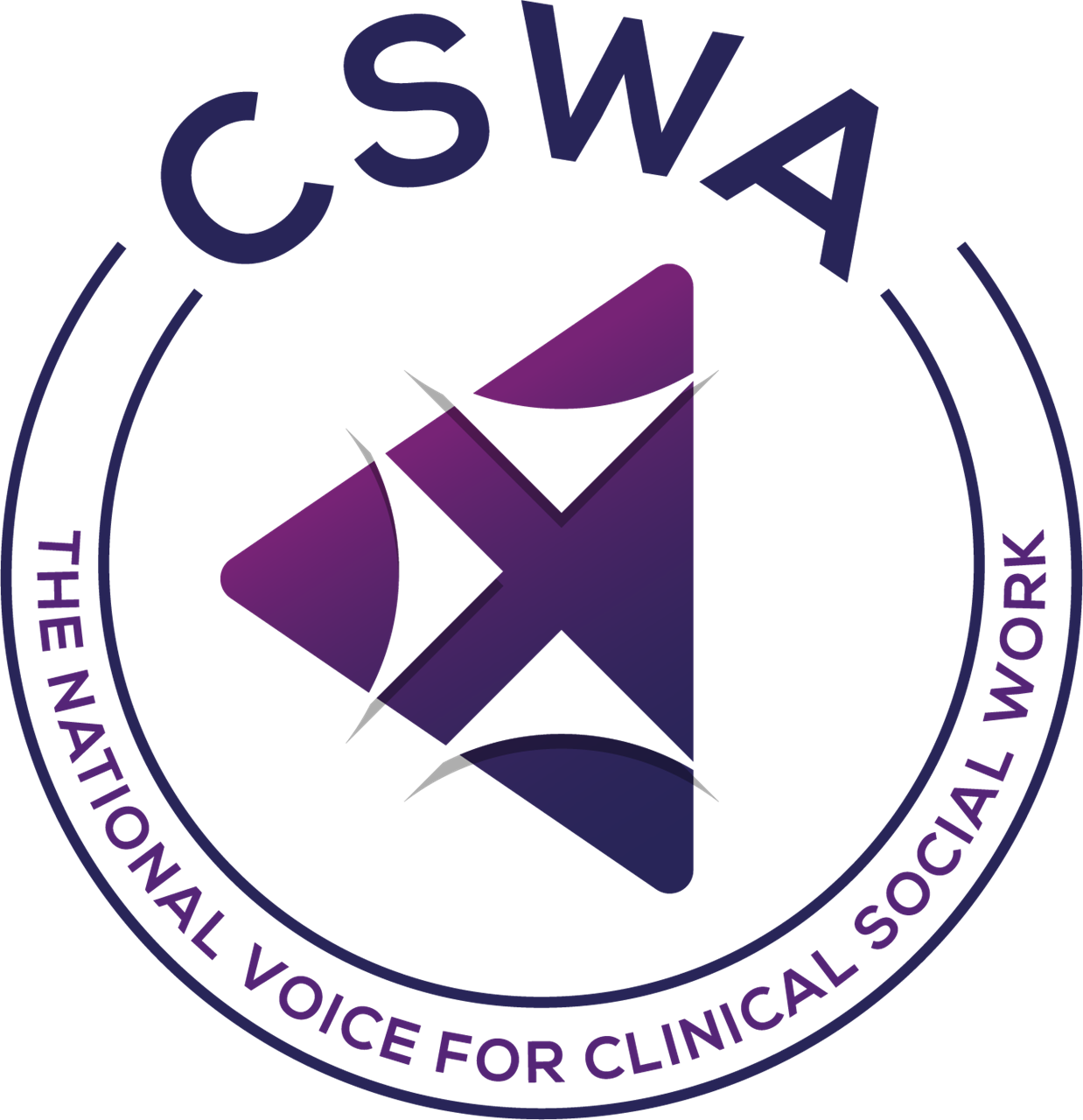CSWA ALERTSCSWA is proud to vigilantly monitor issues within the field of clinical social work, and national legislation that affects clinical social workers. Please see below for a history of those announcements and legislative alerts. If you are not a current member, please consider joining CSWA today. Your support is instrumental in maintaining CSWA's ability to work nationally on your behalf and on behalf of the field of clinical social work. To receive timely information directly to your inbox and become part of the Clinical Social Work Association, join today. |
